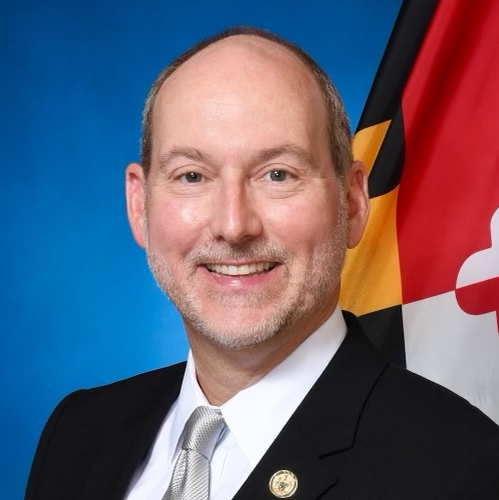This post was written by Hatchet staff writer Jeanine Marie.

If you’ve ever wondered how to be there for your LGBTQ friends during transitioning periods, whether you’re using the right pronoun or just what you can do to make people in the LGBTQ community more comfortable, GW’s Association of Queer Women and Allies is here to help.
The group hosted Trans 101, a panel of transgender and gender-non-conforming (GNC) individuals, to honor Transgender Day of Remembrance on Thursday.
Four LGBTQ student panelists from GW, American, Georgetown and Howard universities spoke candidly to a rapt audience of about 45 students to discuss their journeys into trans life, self-acceptance, societal stigmas and the importance of a safe space for honest conversations.
Here’s what you should know:
1. What’s dysphoria?
It’s the bodily discomfort, stress and anxiety that a person can experience when they feel they are not the gender they physically appear to be.
Transgender, transitioning and questioning people face the same physical troubles as everybody: acne, facial hair and bad hair days. But to some degree, all GNC and genderqueer individuals have to tackle dysphoria as well.
The transformation from one sex to the other (or to dismantling gender identity entirely) often makes simple tasks more challenging, like getting dressed in the morning.
“It’s all about a feeling. Transitioning is never really over,” panelist Jay Fondin, who transferred to GW last year, said.
2. The nuances of the so-called trans experience
The panelists were careful not to make generalizations as they discussed the experience of transgender individuals.
“Nobody can check off every gendered box society tries to make us check off,” Lexi Dever, an art major from Georgetown, said.
Instead, the panelists emphasized individualism and reminded the audience that each could not speak for the spectrum of experiences in the transgender community. But the panelists did agree that the challenges of life as an openly transgender individual, whatever they may be, are ultimately better than repressing one’s true self.
3. It’s all about respect
Use the chosen names and preferred pronouns your transgender and questioning friends prefer, the panelists advised.
Several panelists said the most challenging part of transitioning has been repeatedly asking their loved ones to call them by a new name or pronoun.
Theo Murphy, a sophomore at Howard University and a member of its LGBTQ student organization C.A.S.C.A.D.E., had three words of advice for transitioning individuals.
“Gender yourself responsibly,” Murphy said, stressing the need to be clear about what pronouns you prefer with friends and family.
4. Safe spaces and good friends
They’re the two things that help ease the smoothest transitions to non-binary or opposite gender identification.
The panelists explained the need to have trustworthy people around them who would use their test pronouns without passing judgment.
Some of the panelists considered themselves gender-passing (a stranger might not be able to tell they were transgender), but they emphasize their trans-identity in public in case people around them are questioning and said that a supportive environment is one of the most important factors leading to a smooth transition.
5. When in doubt, ask
Instead of uncomfortably shuffling around the question, your best bet is always asking which pronoun somebody prefers. The panelists emphasized the importance of promoting themselves as resources for curious, respectful people.
“I’m an advocate of wearing your identity on your sleeve,” Fodin said.
Panelists also had a tip for professors, suggesting they should take the initiative to email new students and ask if they have a preferred name, pronoun, or any other personal information that would avoid awkward explanations during roll call on the first day of class.


